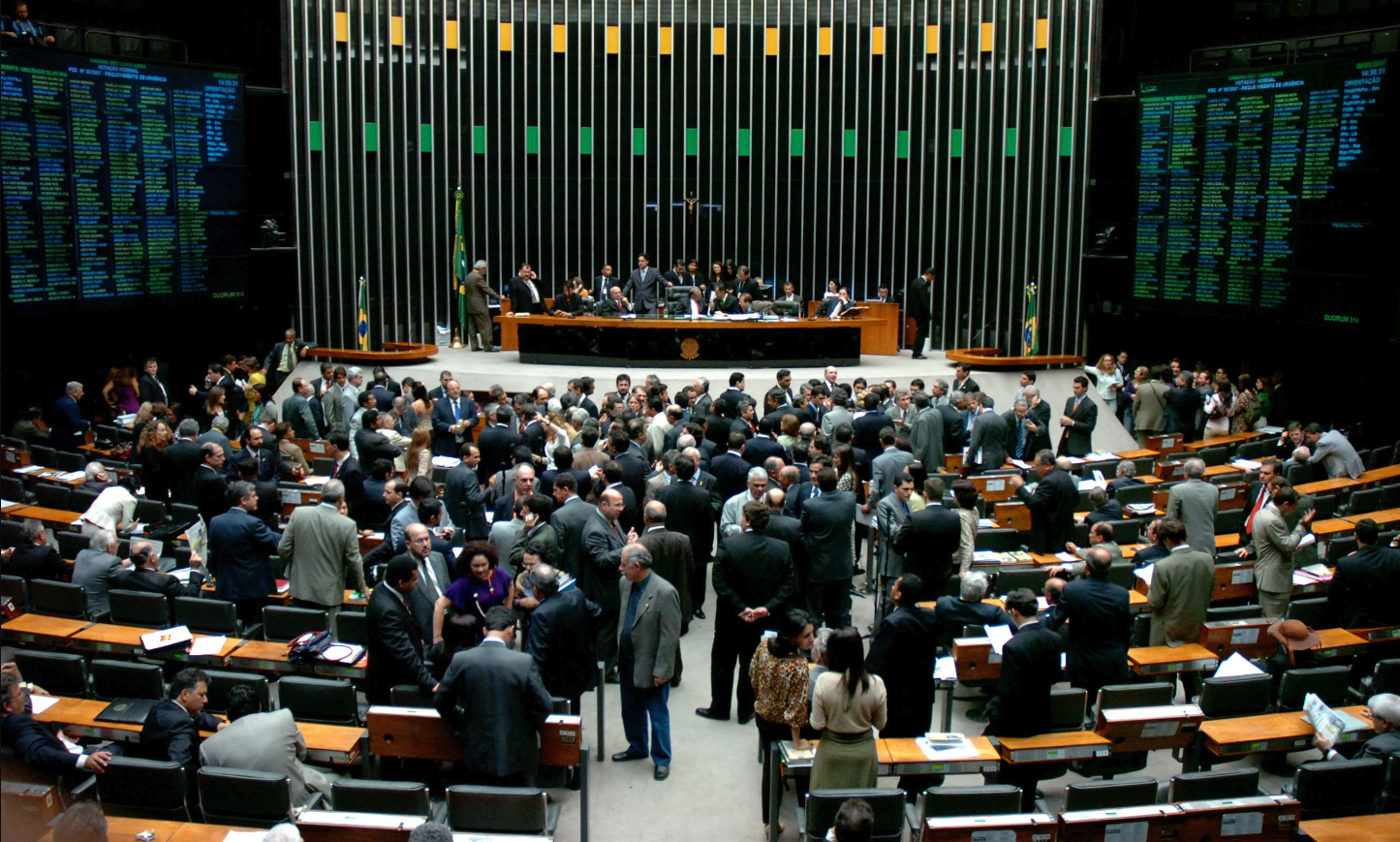Brazil is discussing a new tax reform. The reform, currently under deliberation in the Senate, is expected to pass only after the municipal elections. It will face similar challenges as in the House of Representatives and require adjustments to ensure a positive outcome for the population and the environment.
Without a doubt, the approval of a new tax reform is a historic achievement. For decades, Brazil has been held hostage by a system whose high complexity hampers transparency practices, fuels fraudulent policies and contributes to wealth concentration. Today, we have the opportunity to reorganize fiscal policy and put tax justice on the agenda.
Consumption taxation can serve as public policy by promoting the consumption of products and services beneficial to the population or the environment, while discouraging those associated with, for example, diseases and the climate crisis. The instruments in this reform have the potential to qualify and modernize the tax system and improve the state’s relationship with federative entities.
The Basic Food Basket, Differentiated Regimes and Selective Tax can contribute to promoting healthy and sustainable practices, influencing not only consumer choice but also other links in the production chain. For example, they can encourage the development of clean technologies that, over time, will replace the consumption of fossil fuels. Additionally, this new model could generate resources directed toward public health programs and environmental initiatives.
The proposal presented by the executive branch introduced a National Basic Food Basket aligned with the Food Guide for the Brazilian Population, focusing on fresh and minimally processed foods, respecting criteria of health and regionality. The text approved by the House of Representatives expanded the original list, which included vegetables, fruits, legumes and grains, to include seven more categories. Among these is the controversial inclusion of a wide variety of meats: beef, pork, lamb, goat, poultry and fish, as well as cheeses, including ultra-processed products.
Here arises a relevant issue. Since the discussion of the proposal to amend the constitution (PEC 45/2019), the food industry’s intentions to expand the list of exempt products in the tax reform have become clear, through their associations and with the political strength of the Parliamentary Agricultural Front (FPA) and the Parliamentary Front for Entrepreneurship (FPE) in Congress. The exemption of meat and ultra-processed foods was defended under the guise of a fight against hunger, completely disconnected from any notion of health, food security, or environmental protection.
These sectors used misleading arguments and false evidence to justify the dependence of vulnerable populations on ultra-processed foods and a supposed fiscal viability that is unsustainable. João Dornelas, president of the Brazilian Association of the Food Industry (ABIA), even denied the risks associated with processed meats. A coalition called the Union of the Food and Non-Alcoholic Beverage Production Chain (UNCAB) was also formed to intensify its influence on the tax reform.
The text proposes a 60% tax reduction for all pesticides, perpetuating a production model focused on monoculture and the export of raw materials such as soy, corn, sugarcane and wheat. This model causes environmental degradation and compromises public health, prioritizing the ultra-processed food market, which is derived from these commodities. As a result, it limits the viability of organic and agroecological practices, which prioritize fresh and minimally processed foods, respect biomes and food cultures and focus on the domestic market to promote policies to combat hunger, food security and sovereignty.
It is essential to consider that agribusiness remains at the forefront in terms of benefits and competitiveness. For instance, most socio-biodiverse foods, such as nuts and vegetable oils, receive no incentives. Privileges prevail over a production model whose environmental impact has catastrophic consequences, reflected in high soil, water and air pollution. Moreover, it creates physical, political and fiscal barriers to the implementation of more sustainable and equitable production practices.
Selective tax
The project introduces a tool with an important social function: the Selective Tax (IS). This tax, already implemented in several countries, aims to discourage the consumption of certain products and is the only one in the reform that applies surcharges. Thus, it is the subject of the greatest disputes in Congress.
Currently, the list of products subject to the Selective Tax includes vehicles, aircraft, boats, tobacco products, alcoholic beverages, mineral goods and soft drinks. We should welcome the inclusion of these items, understanding their negative impacts. However, it is crucial to take ultra-processed products and pesticides more seriously. The consumption of ultra-processed foods results in 57,000 preventable deaths annually and imposes significant public health costs related to obesity, diabetes, cardiovascular diseases and cancer.
The inclusion of soft drinks alone in the Selective Tax is very timid, especially considering the pioneering spirit of the Food Guide and Brazilian science in coining the term “ultra-processed” and contributing to understanding the consumption epidemic of such foods. The expansion of the selective tax on sugary beverages is already a reality in several countries.
The inclusion of meat in the Basic Food Basket created a fiscal imbalance that significantly raised the reference rate, presenting a new and enormous challenge for senators. One way to achieve this balance is by expanding the scope of the Selective Tax, acting as a counterweight. Senators have the opportunity to work to reduce the consumption of harmful products by, for example, expanding the list of ultra-processed products, including pesticides, firearms, ammunition and plastic packaging.
Thus, the taxation of high-consumption products must be linked to the promotion of new environments that allow adaptation to a healthier, fairer and more sustainable consumption pattern. Hence the importance of tax incentives for fresh, minimally processed foods, socio-biodiversity, bio-inputs, family farming and sustainable energy resources. Social justice in the reform also involves the expansion of cashback and the full return of basic necessities. A healthy, supportive and sustainable tax reform is possible and this task now falls to Brazil’s senators.












